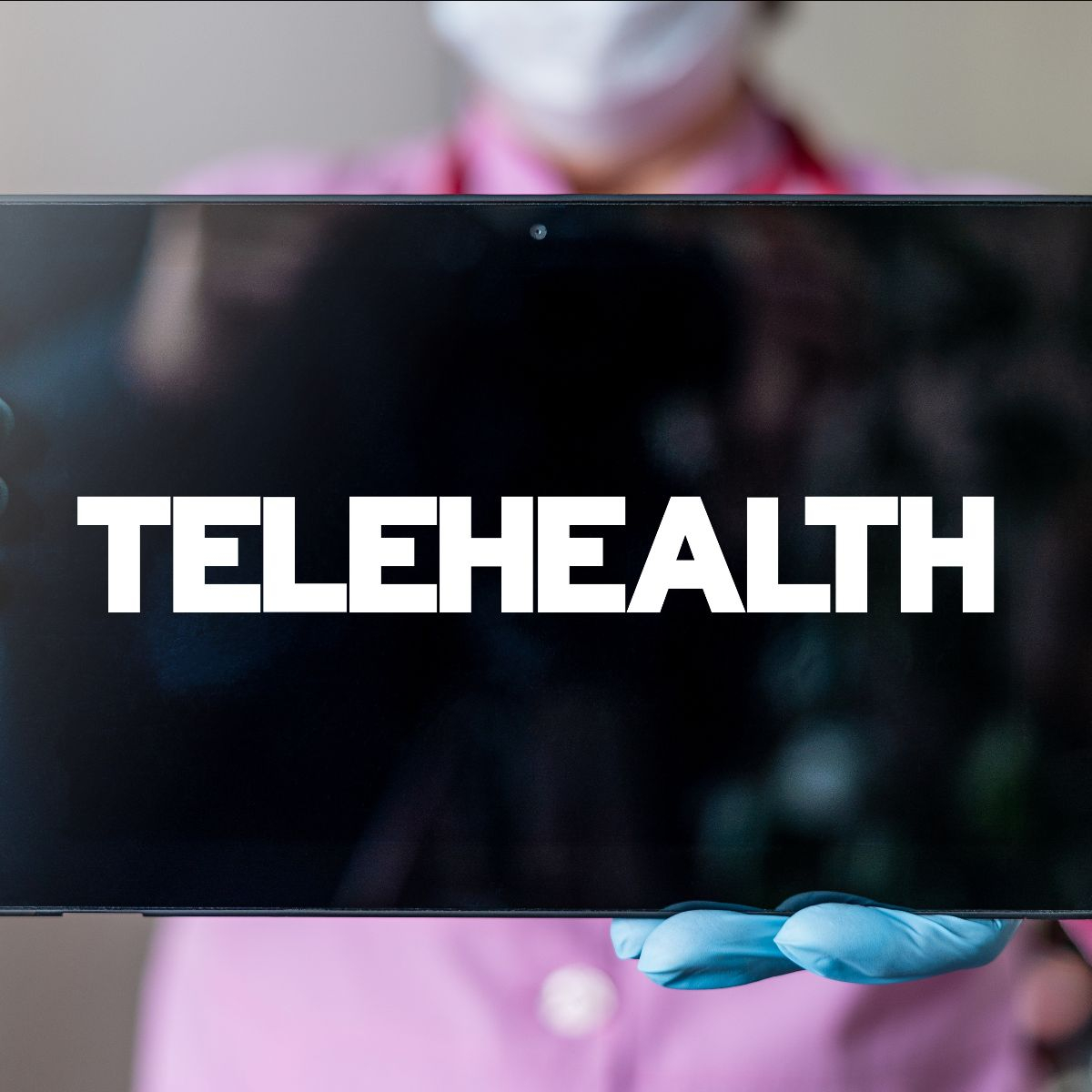by Matthew V. Elliott, Suzanne M. Shdo, & Esther Howe, UC Berkeley
Acknowledgement: The authors would like to acknowledge Nancy H. Liu, PhD, Nina F. Dronkers, PhD, Nadine M. Tang, LCSW, and Robert W. Levenson, PhD, for their contributions to this article and the clinic.
With over 2 million confirmed cases worldwide and most of the U.S. population currently under a “stay at home” order, the COVID-19 pandemic has caused major disruptions in health care services, including mental health care. Psychological distress is widespread partly due to increased social isolation and decreased access to care. Mental health providers must act quickly to adapt policies and delivery mechanisms to continue treatment remotely. Teletherapy — the delivery of psychotherapy via live audio/video communication software — enables clinical psychologists to deliver critical care, while maintaining public health and safety. In addition to meeting the environmental restrictions of the day, research over the past decade suggests that teletherapy is effective for treating a range of mental health conditions (Barak & Grohol, 2011; Veazie, Bourne, Peterson, & Anderson, 2019).
Like many other graduate training clinics, the UC Berkeley Psychology Clinic had been slowly taking steps to implement a telehealth option. This was fortuitously initiated in Fall 2019 by a specialty clinic focused on adults with neurological disorders and their caregivers, many of whom faced barriers to attending in-person sessions. After a six-month implementation process, student clinicians completed the first two pilot teletherapy sessions on March 16th — coincidentally, the same afternoon that seven Bay Area counties announced a mandatory “shelter-in-place” ordinance due to COVID-19.
With the sudden need for the entire clinic to provide services remotely, clinical students, faculty, university IT and psychology department staff rapidly mobilized to transition the clinic to the new telehealth platform. Within two weeks, 17 student clinicians and 30 clients transitioned to teletherapy to continue their work, and the clinic is offering remote coping skills sessions for UC Berkeley community members struggling to adjust to this new socially distanced reality. While the UC Berkeley Psychology Clinic is not the first training clinic to implement teletherapy, the unique timing of our experiences may be relevant to other PCSAS programs considering a transition to teletherapy during the COVID-19 era.
As leaders in the training of clinical scientists, PCSAS training clinics must take steps to implement telehealth methods during this crisis. First, this is critical for the continued care of clients experiencing increased social isolation, financial insecurity, and other life stressors. Second, this is a valuable training opportunity for students. Given the ubiquity of new technology, teletherapy will likely become fully integrated into mainstream mental health care in the future. Gaining exposure and competency in teletherapy gives PCSAS students an added dimension to their doctoral training. Third, implementing teletherapy now will make training clinics more adaptable to future circumstances that contraindicate in-person sessions. Even in the absence of a global crisis, teletherapy extends the reach of training clinics to individuals with disabilities that prohibit weekly travel to a clinic. The timeline of the COVID-19 crisis is unknown, so getting started on implementation now will buffer against long-term suspensions of clinical training in PCSAS programs, keeping students on track for internship hours and other core milestones.
In the past month, we have learned several things that may be useful for other training clinics. Conducting therapy outside of the professional confines of a clinic requires establishing new guidelines for payment, appropriate documentation, client communication, device setup and maintenance, privacy and security risks, institutional technology and security requirements, efforts to minimize distraction, and safety planning. For video teletherapy, clients uncomfortable with technology may find it helpful to have a 30-minute implementation session free of charge. In this session, the clinician guides the client through the process of using the telehealth software, and the pair can practice beginning a session.
Student clinicians should be aware of the challenges to professional boundaries inherent in teletherapy. This is especially critical now, when many clinicians will be providing services from their own homes. Using video invites the client into your space and brings you into their homes, which makes the boundaries of the therapeutic frame more porous. To combat this, student clinicians should strive to preserve professional standards in privacy, timeliness, payment, progress monitoring, and professional attire. This last point may be especially useful for students playing different roles (student, teacher, researcher, therapist) from the same chair on the same day. Intentionally changing physical cues to match the role of the student as therapist may help in replicating the mindset of being in the clinic.
The COVID-19 pandemic presents serious challenges to continuing mental health treatment and doctoral training. Using teletherapy in PCSAS training clinics during this time of great need is also a great opportunity. Research on teletherapy backs its effectiveness, and society’s urgency to help in this moment of need may accelerate its implementation despite university bureaucracy. Once in use, teletherapy benefits clients, provides students with valuable skills, and makes training clinics more resilient.
For PCSAS training clinics that would like more information on implementing teletherapy, please email psychclinicadmin@berkeley.edu.
Barak, A., & Grohol, J. M. (2011). Current and future trends in internet-supported mental health interventions. Journal of Technology in Human Services, 29(3), 155-196.
Veazie, S., Bourne, D., Peterson, K., & Anderson, J. (2019). Evidence Brief: Video Telehealth for Primary Care and Mental Health Services. Washington (DC): Department of Veterans Affairs (US). VA ESP Project #09-199.
Disclaimer: The views and opinions expressed in this newsletter are those of the authors alone and do not necessarily reflect the official policy or position of the Psychological Clinical Science Accreditation System (PCSAS).


